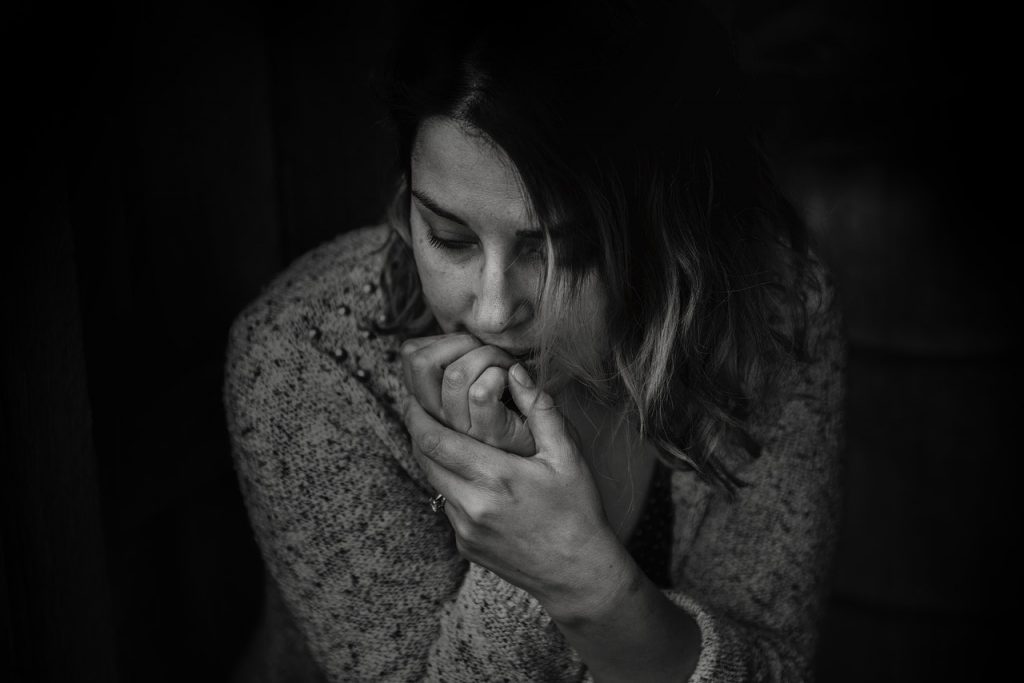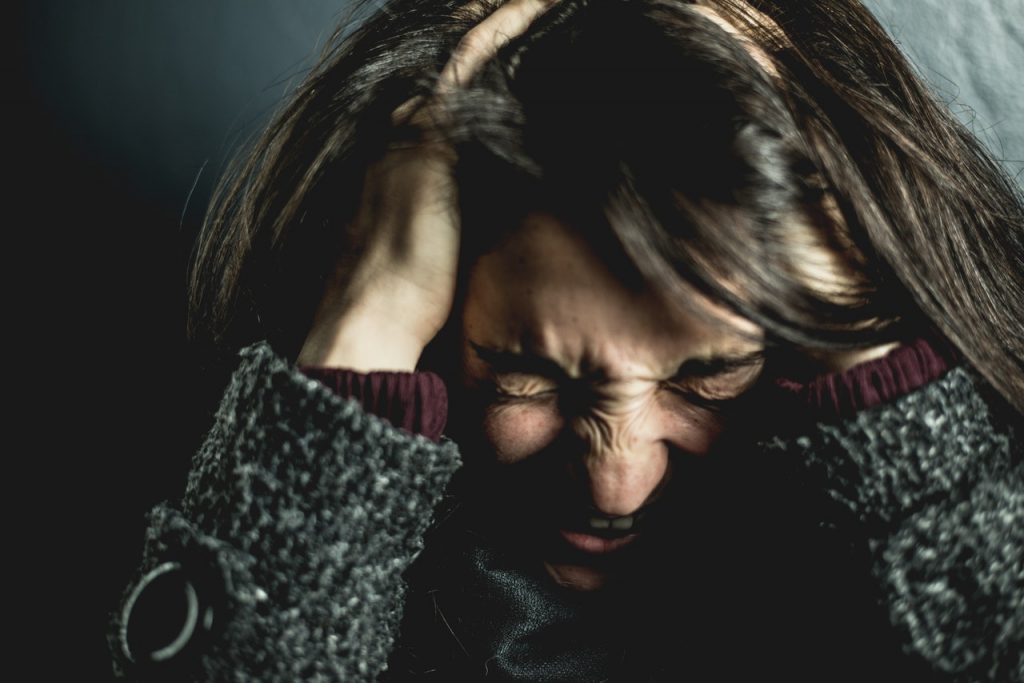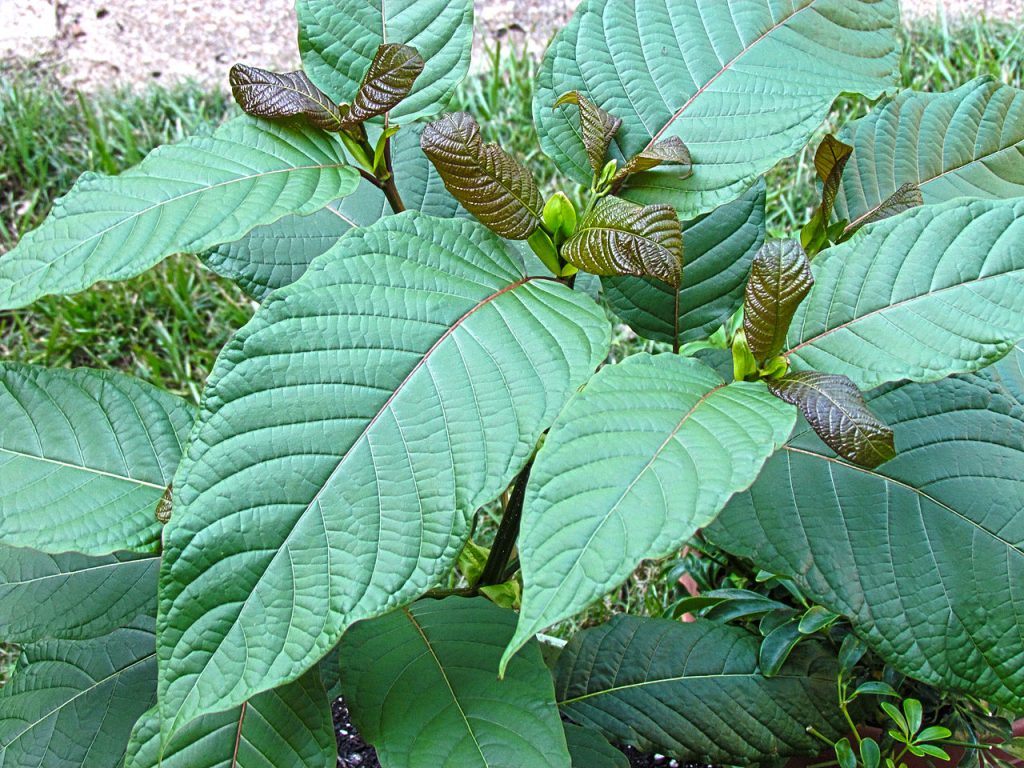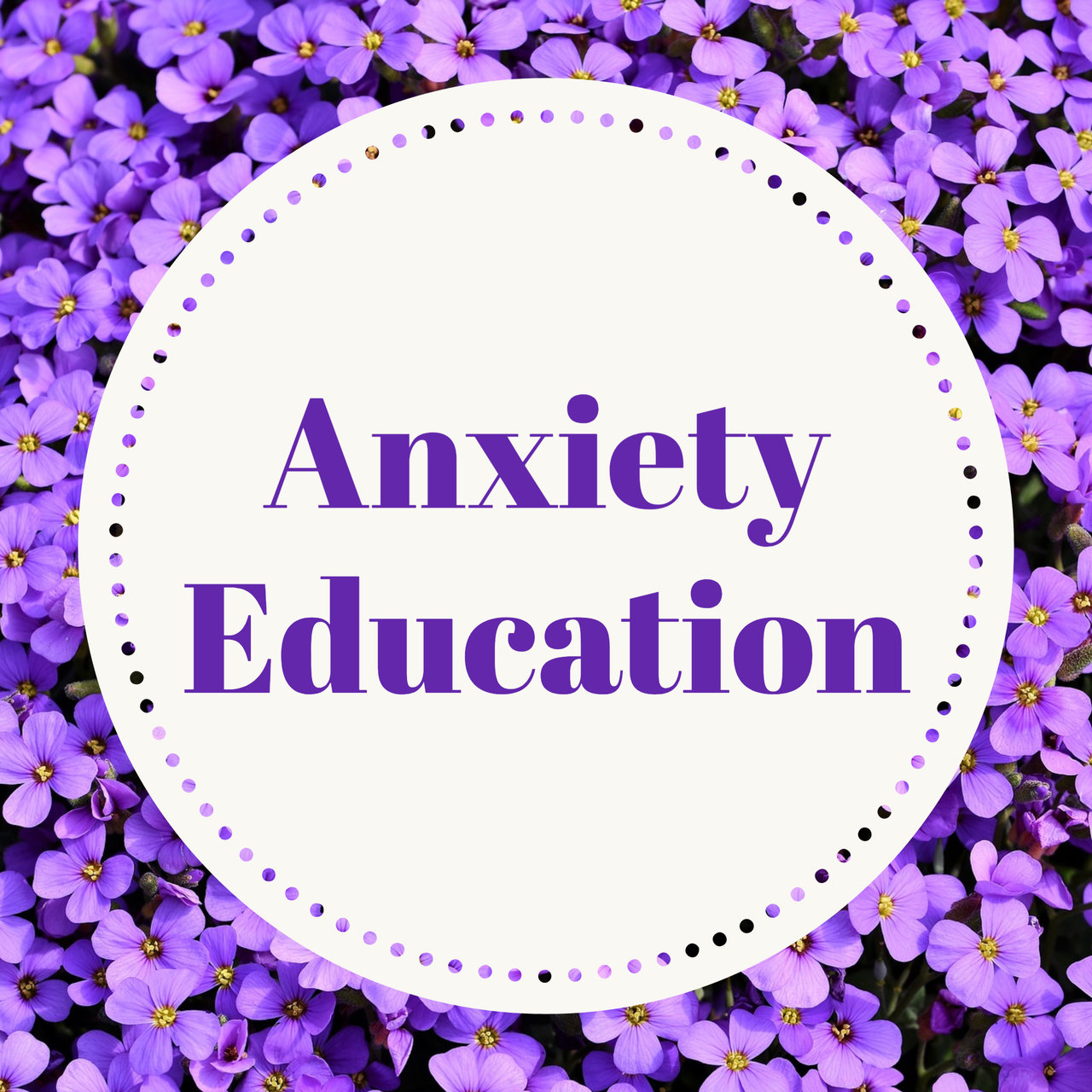
Five Anti-Anxiety Medications Used Today
At some time in your life you have likely experienced anxiety. You may get those familiar “butterflies” in your stomach before your name is called for a job interview. You may have an exam and have trouble sleeping the night before, or several nights before. The point is that anxiety is quite a common experience. For these common moments of stress you typically don’t call your doctor and request anti-anxiety medication. Anxiety that requires medication is usually not a transient event like a test or a job interview. People that have a prescription have anxiety that is different. Actually, there are many types of anxiety and corresponding medications that treat them.

That then brings up a couple of other questions. If you are feeling anxious how often does this feeling have to happen before you should get medication for it? If you don’t want to go to a psychiatrist, does your primary care physician know how to treat anxiety? Is there a way to know what the best medication for anxiety is if you work and may get drug-tested? All of these are reasonable questions and asking them does not mean you are anxious. It means you want to make a well-informed choice, because going on a medication for a condition that is not life-threatening, is a choice. Though this article primarily discusses the mainstream treatment of anxiety, it will also delve into natural medicines for anxiety.
How Common Is Anxiety Disorder?
Anxiety disorders are actually more common than you think. They affect more than 18.1 percent of the U.S. population and are easily treatable. Unfortunately, most people leave this illness untreated and manage it themselves. Researchers identified five different types of anxiety disorders, each with its own specific symptoms. Since the symptoms vary, the treatment varies as well. In order to know how to manage your anxiety you must know which type of anxiety disorder you have.

As mentioned previously, each anxiety disorder has certain symptoms that distinguish it from other types of anxiety disorders. This distinction helps your physician determine the best medication for your anxiety or whether you need medication at all. You could be referred to a counselor of some type depending on how severe your anxiety is and how it manifests itself. If you simply tap your fingers a lot as opposed to bursting into tears when you are anxious, it is obvious that this would require a different type of treatment course. This brings you to the symptoms of anxiety disorder.
What Are the Symptoms of Anxiety Disorder?
Which symptoms you exhibit are directly related to the type of anxiety disorder you have. Vital Record explains it well. There are trait anxieties and state anxieties. State anxieties are triggered by tests or job interviews. In other words, an event triggers the anxiety that you experience. A trait anxiety is related more to a personality trait. The best explanation of a trait anxiety Vital Records gives is “If someone who is a typically anxious individual (think of Piglet from Winnie the Pooh) is dealing with stress of final exams, then that person’s anxiety levels may be higher than if James Bond was dealing with those same exams.”
Some of the physical symptoms of anxiety are:
- Sweaty palms
- Nausea
- Inability to sleep
- Migraine headaches
- Trembling or weakness in the limbs
- Shortness of breath
- Closed fists
These common physical symptoms are usually accompanied by some other symptoms or behaviors that will help a physician or therapist determine what type of anxiety you suffer from and what the best treatment option is, including medication.
What Are the Best Medications for Anxiety Treatment?
There are a few types of anxiety medications. Different types of anxiety respond to different drugs. Doctors typically give drugs like Xanax for predictable anxiety. For example, if you are afraid of plane rides or needles and must travel or have a dental procedure when you are afraid of dentists, your doctor may prescribe Xanax for these events. The problem with benzodiazepines is that they can lead to a tolerance and a dependence on them. You also have to slowly stop them or you could experience withdrawal symptoms.
Next is the generic buspirone. This drug works with neuroreceptors in your brain. One of the neuroreceptors controls your mood and this drug works in conjunction with that receptor to reduce your anxiety. It can help you think more clearly and can also help you sleep better. In addition, it can help with the sweating that frequently accompanies anxiety.
Atarax is used for anxiety and has a few good points. It does not cause dependence and you do not build up a tolerance to the drug. However, it does make you sleepy, so it cannot be taken if you are going to drive. You should also be careful because you could fall due to decreased alertness.
Antivert is used to control the nausea related to anxiety. It takes an hour to work. For this reason, you usually use this if you fear flying on planes because its effects can last for over eight hours.
Natural Medicine for Anxiety
Many people are turning to alternative medicine these days. Due to its increased popularity, more research is being done on Kratom. Researchers want to see if it works or if it is simply folklore. As you may have guessed, Kratom is one potential herbal medicine for anxiety.

Kratom has many different strains just like any other plant. According to people in the kratom community, the results you get for medicinal use vary by the strain. They report that some strains are good for pain, while others, such as red borneo, are better for anxiety. Part of the reason for this is that some Kratom strains have high sedative effects and would be great if you can’t sleep, but not the substance you want to relax you for a job interview.
Kratom is a plant that is native to Southeast Asia. Kratom strains are related to where in Southeast Asia they are grown. Is it grown in Thailand or in Borneo, one of the Indonesian islands? In addition, the color of the vein in the leaf also relates to what properties that particular strain may have. For anxiety you would want to look for red vein Kratom. Kratom comes in a variety of ways, but the most popular is red kratom powder. You should know that kratom has a very strong taste, so if you use the powder, you can add it to juice, just put it in your mouth and quickly wash it down with something that tastes great or buy a bag of empty capsules (they do sell these) and you have the supplies you need for do-it-yourself capsules.
